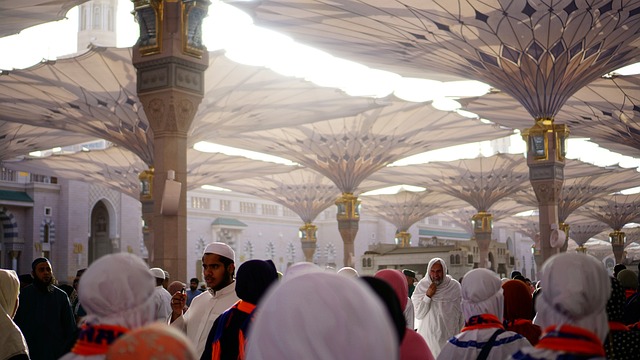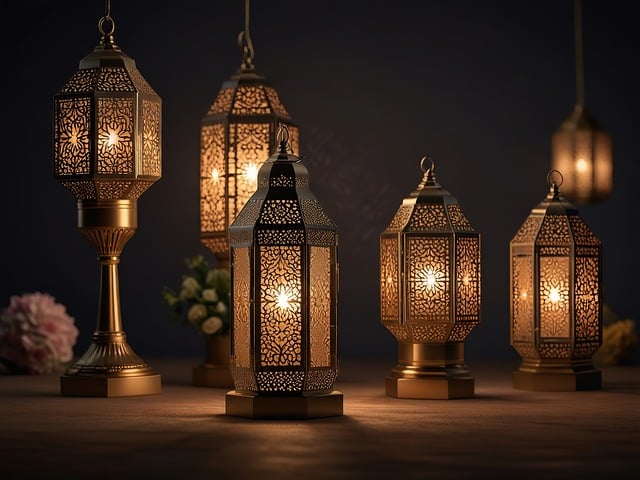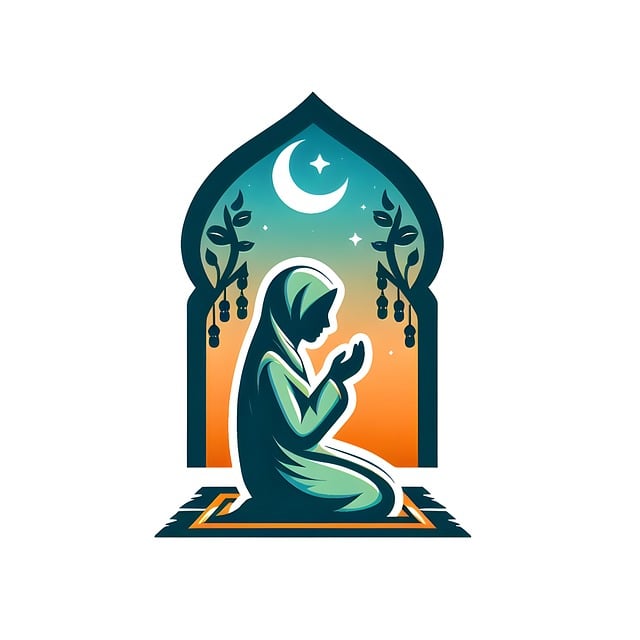Kenya Safari Holidays 2025 offer a unique blend of natural splendor, cultural richness, and vibrant Islamic traditions. With a significant Muslim population, coastal regions like Mombasa showcase devotionally observed prayers, Ramadan celebrations, and vivid Eid festivities featuring traditional dances and feasts. By 2025, visitors can explore ancient mosques in places like Lamu, interact with local imams, and witness the seamless integration of faith and culture within Kenya's dynamic society, all against the backdrop of the country's breathtaking landscapes.
“Discovering Islamic Tradition in Kenya: A Guide for Your 2025 Safari Holiday”
Kenya’s vibrant landscape embraces a rich tapestry of cultures, including a thriving Muslim community with unique practices and historical sites. This guide explores how you can immerse yourself in the Islamic heritage of Kenya during your 2025 safari holiday. From understanding local customs and culinary delights to exploring iconic mosques and engaging with warm-hearted communities, we navigate Kenya’s diverse landscape, ensuring a respectful and enriching experience.
- Islamic Practices and Culture in Kenya
- – A brief overview of Islam's presence in Kenya
- – Unique cultural practices and traditions among Muslim communities in Kenya
Islamic Practices and Culture in Kenya

Kenya, a vibrant nation on the African continent, offers a unique blend of natural beauty and rich cultural diversity, including a strong Islamic influence. The country’s Islamic practices and culture are vibrant and diverse, reflecting its historical ties to the Middle East and South Asia. Kenya’s Muslim community is estimated to be around 10% of the total population, with a significant concentration in coastal regions like Mombasa. Their traditions and customs have deeply embedded themselves into the social fabric of these areas, creating a unique cultural tapestry.
In recent years, Kenya Safari Holidays 2025 have become increasingly popular, attracting tourists from all over the world interested in experiencing the country’s diverse landscapes and rich cultural heritage. Islamic practices are seamlessly integrated into everyday life, with prayers being a central pillar of daily routines. The month of Ramadan is observed with great devotion, where fasting, charity, and communal gatherings take center stage. Cultural events like Eid celebrations are grand affairs, showcasing the community’s spirit through feasts, traditional dances, and colorful ceremonies, providing a glimpse into the vibrant Islamic culture thriving in Kenya.
– A brief overview of Islam's presence in Kenya

Islam has been present in Kenya for centuries, with a rich history that intertwines with the country’s cultural fabric. The faith arrived early in the 7th century, brought by Arab traders who established commercial links between East Africa and the Arabian Peninsula. Over time, Islamic influences spread across various regions, particularly in coastal areas like Lamu, where ancient mosques stand as testament to this historical connection. Today, Kenya boasts a diverse Muslim community, comprising both indigenous Africans converted over generations and descendants of early Arab settlers.
The year 2025 presents an exciting opportunity for exploring this vibrant religious tradition during Kenya Safari Holidays. Visitors can immerse themselves in the spiritual atmosphere of local mosques, engage with knowledgeable imams, and learn about the day-to-day practices that shape the lives of Kenyan Muslims. This cultural exchange offers a unique perspective on one of Africa’s most dynamic societies, where Islam continues to play a significant role in shaping communities, traditions, and the country’s rich heritage.
– Unique cultural practices and traditions among Muslim communities in Kenya

In Kenya, Muslim communities have developed unique cultural practices and traditions that reflect both their Islamic faith and local heritage. One notable aspect is the vibrant celebration of Eid al-Fitr and Eid al-Adha, where families gather for special prayers, feasts, and exchange gifts. These festivals are not just religious observances but also opportunities for social bonding and community reinforcement.
Beyond these, Kenya’s diverse Muslim populations exhibit rich traditions in art, music, and dance. Local artists incorporate Islamic motifs into their crafts, while traditional dances often include rhythmic movements that symbolize both joy and spiritual devotion. Moreover, the country’s natural beauty inspires outdoor ceremonies and weddings, offering picturesque backdrops for memorable Kenya Safari Holidays in 2025 for both locals and visitors alike, blending faith, culture, and the stunning landscapes of Kenya.
Islam has left an indelible mark on Kenya, enriching its cultural landscape. The country’s diverse Muslim communities preserve unique traditions, offering visitors a fascinating glimpse into their way of life during Kenya safari holidays in 2025. By exploring these cultural practices, one can truly appreciate the vibrant tapestry that makes Kenya such a captivating destination.
